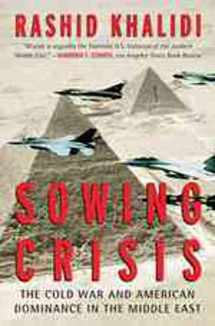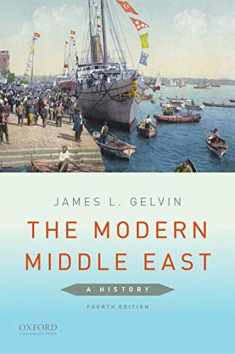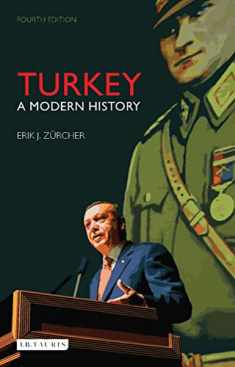
Sowing Crisis: The Cold War and American Dominance in the Middle East
Book details
Summary
Description
During the 45 years of the Cold War, policymakers from the United States and the Soviet Union vied for primacy in the Middle East. Their motives, long held by historians to have had an ideological thrust, were, in fact, to gain control over access to oil and claim geographic and strategic advantage. In his new book, Rashid Khalidi, considered the foremost U.S. historian of the Middle East, makes the compelling case that the dynamics that played out during the Cold War continue to exert a profound influence even decades after the collapse of the Soviet Union.
The pattern of superpower intervention during the Cold War deeply affected and exacerbated regional and civil wars throughout the Middle East, and the carefully calculated maneuvers fueled by the fierce competition between the United States and the USSR actually provoked breakdowns in fragile democracies. To understand the momentous events that have occurred in the region over the last two decades-including two Gulf wars, the occupation of Iraq, and the rise of terrorism-we must, Khalidi argues, understand the crucial interplay of Cold War powers there from 1945 to 1990.
Today, the legacy of the Cold War continues in American policies and approaches to the Middle East that have shifted from a deadly struggle against communism to a War on Terror, and from opposing the Evil Empire to targeting the Axis of Evil. The current U.S. deadlock with Iran and the upsurge of American-Russian tensions in the wake of the conflict in Georgia point to the continued centrality of the Middle East in American strategic attention. Today, with a new administration in Washington, understanding and managing the full impact of this dangerous legacy in order to move America toward a more constructive and peaceful engagement in this critical arena is of the utmost importance.


We would LOVE it if you could help us and other readers by reviewing the book
Book review





